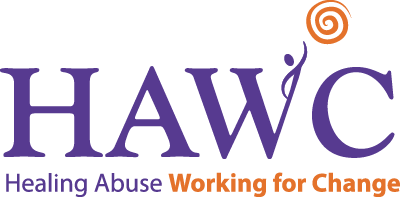Leaving an abusive relationship requires planning. If you use the Internet to make plans or to get help, make sure your abuser cannot see what you’ve been doing on your computer.
- Use a computer that your abuser cannot access. Community centers, libraries, and domestic abuse organizations all provide public computers that you can use. If you cannot access a public computer, always erase the browser history on the computer you use before you walk away from it.
- If you believe your abuser can access your e-mail account, set up a new free account with Google’s Gmail or a similar service.
- If you are sure your abuser cannot access your e-mail account, make sure you use a strong password and always log out of the account when you’re finished with e-mail.

